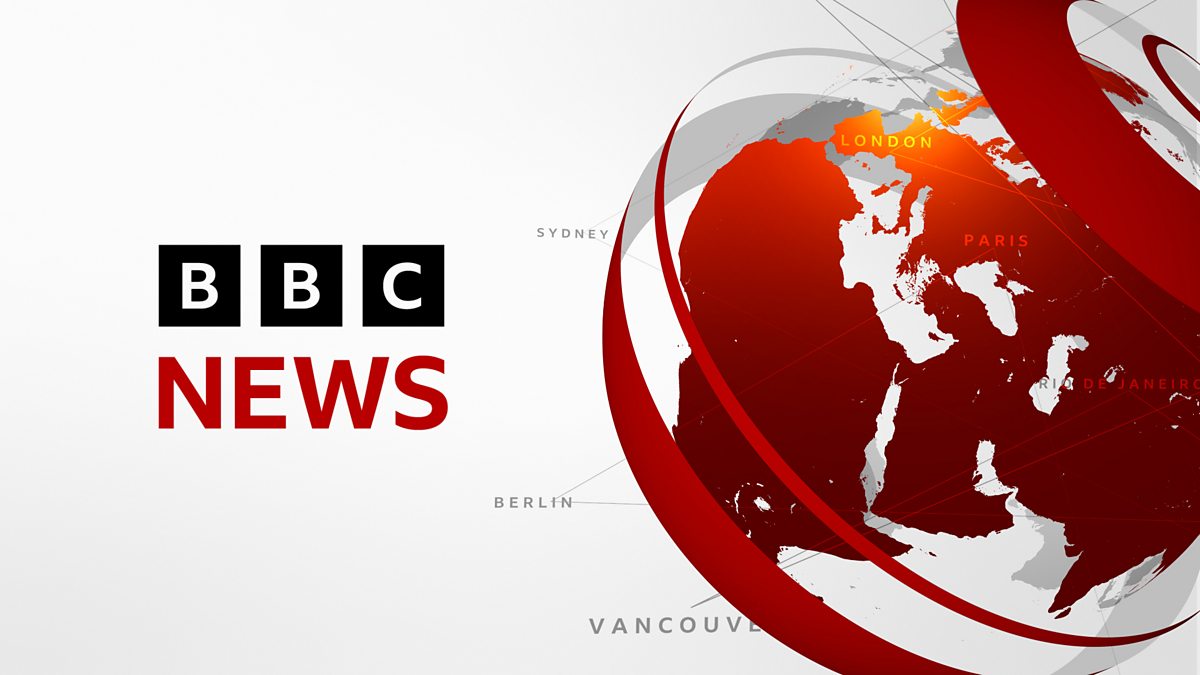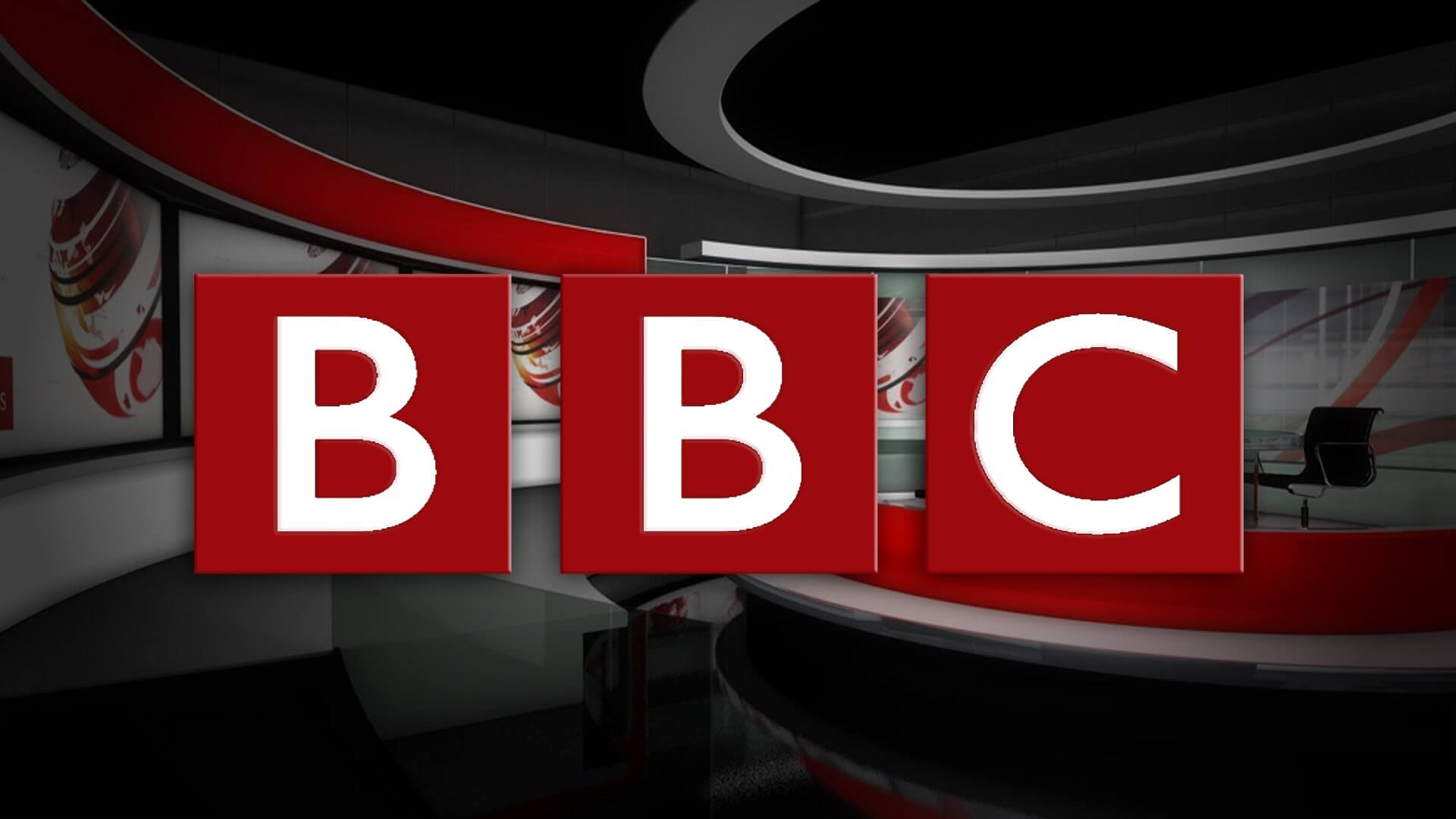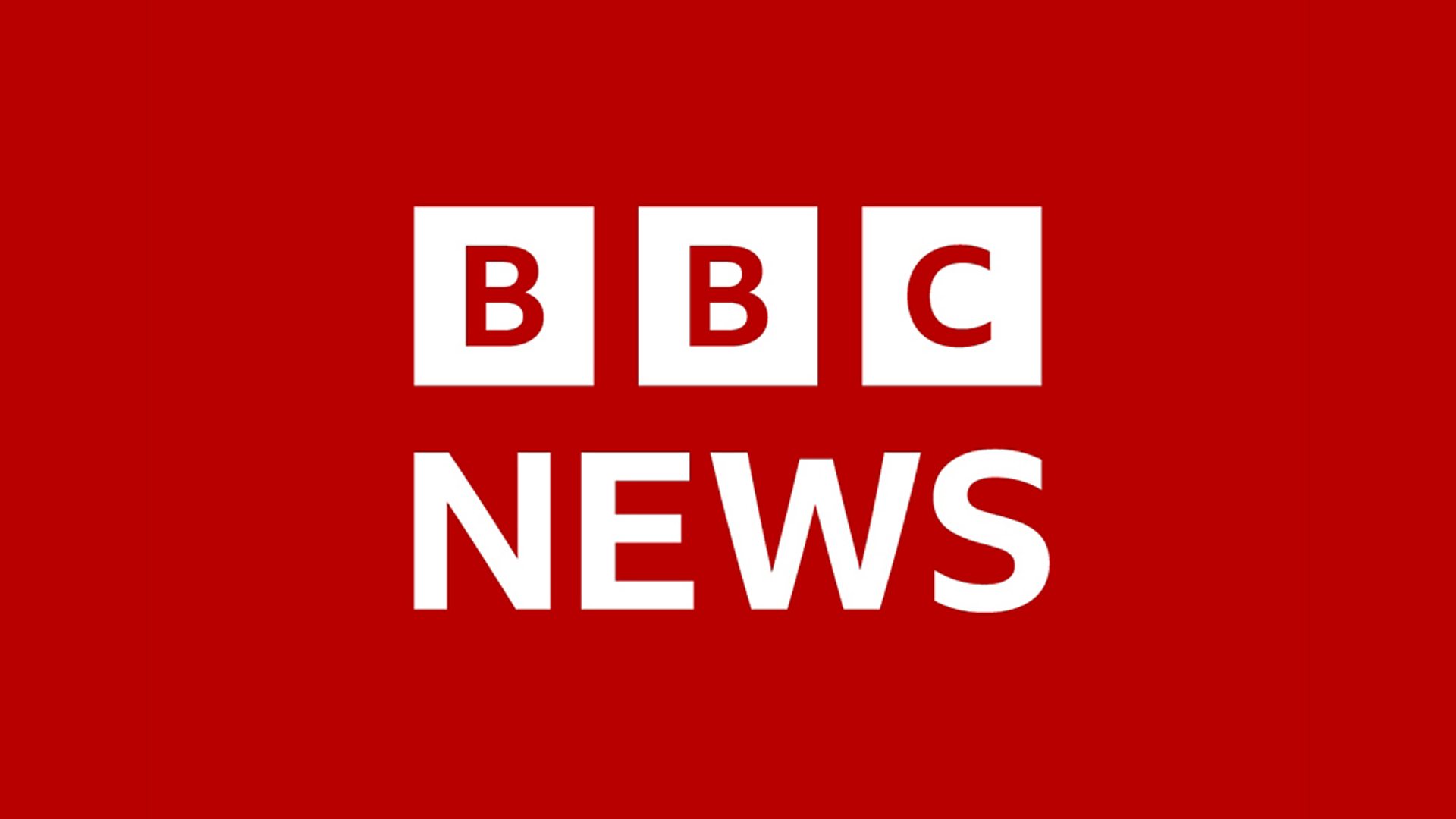BBC - Digital Footprint On Twitter And Other Places
When people think about reliable information, a name that often comes to mind is the BBC. It's a big, well-known organization, and it's been around for quite some time, helping folks around the world stay informed. You know, they cover everything from what's happening globally to stories closer to home, and they do it across so many different ways of getting news, whether it's on your television, through the radio, or right there on your phone.
Actually, in today's fast-moving world, where news travels at lightning speed, having a source you can turn to for a clear picture of events is pretty important. The BBC, with its long history, tends to be one of those places. They put out a huge amount of material every single day, trying to give people a balanced view of what's unfolding, whether it's about the economy, new discoveries, or even just what's popular in culture. It's really quite a lot to take in, isn't it?
So, because they're so widely available and cover such a broad range of topics, the BBC naturally becomes a big part of conversations everywhere, including on social media platforms. People talk about their reports, share their articles, and sometimes, those discussions get really lively, especially on places like Twitter, where thoughts and opinions fly around quickly. It’s a bit like a big town square, you know, where everyone gathers to chat about the day's events, and the BBC is often at the heart of what's being discussed.
- Who Was Pete Holmes Married To
- How Did Richard Pryor Burn Himself
- Tia Mowry Haircut
- Stella Ritter 2022
- Dave Coulier Alanis
Table of Contents
- What Makes BBC a Trusted Voice?
- How Does BBC Share News?
- Is BBC News Always Impartial?
- The BBC's Online Presence - Beyond the Main Site
- What Kind of Content Does BBC Offer?
- How Does BBC Stay Current?
- Who Funds the BBC?
- The BBC and Public Dialogue
What Makes BBC a Trusted Voice?
So, people often see the BBC as a place to get information they can count on. This reputation didn't just happen overnight, you know. It's built up over many years of them trying to give accurate reports on happenings from all corners of the planet. They aim to be a source that people can visit for a clear picture of what's going on, whether it's big global events or just what's happening down the street. It’s pretty much their guiding idea, really, to be a reliable source for news and different types of stories.
BBC's Global Reach and Twitter Talk
The BBC, you see, has a truly worldwide presence. They have reporters and teams spread out everywhere, which helps them gather stories from so many different places. This means that when something happens, say, in a faraway land, they often have someone there who can tell you what’s really going on. This global reach means their reports get shared and talked about by people from all sorts of backgrounds, and that, naturally, includes a lot of chatter on platforms like Twitter. It’s almost like a huge conversation that never really stops, with the BBC's reports often providing the starting point for a lot of that discussion. People, as a matter of fact, share their links and talk about their coverage all the time, making the BBC a constant topic on social media.
How Does BBC Share News?
When it comes to sharing news, the BBC has a lot of ways it gets information out to people. They don't just stick to one method, you know. You can find their reports on television, listen on the radio, or read about things on their websites. This means that, pretty much wherever you are and however you like to get your news, there's a good chance the BBC has a way to reach you. They really try to make sure their information is available to as many people as possible, in a way that fits how those people like to consume their daily updates. It's quite a comprehensive setup, if you think about it.
- What Does Johnny Tillotson Look Like Now
- Fire Rose Birthday
- Conner Barba
- Who Is Megan Moroney Dating
- Dog The Bounty Hunter Tucker
The BBC's Approach to News Delivery
Their way of delivering news is, in some respects, quite structured. They gather facts, check them carefully, and then present them in a way that aims to be clear and easy to grasp. They put out reports on big world events, stories from the United States, and also things happening in smaller towns and areas. Beyond just the hard news, they also offer things like entertainment updates, discussions about the weather, stories about how businesses are doing, and even new discoveries in science and technology. It’s a pretty broad range, actually, and they try to make sure there's something for nearly everyone, no matter what their interests might be. This varied approach helps them connect with a very wide audience.
Is BBC News Always Impartial?
Now, a question that often comes up about the BBC is whether their news is always completely fair and balanced. They are set up as a public service broadcaster, which means they have a goal to provide information that doesn't lean too heavily one way or another. This idea of being unbiased is a core part of what they do, and they really try to stick to it in their reporting. Of course, getting every single person to agree on what's perfectly neutral can be a bit of a challenge, as a matter of fact, because everyone sees things a little differently, but it's what they aim for in their daily work.
Public Service Broadcasting and Audience Views
Being a public service broadcaster means they have a responsibility to serve everyone, not just a particular group. This means they try to present different points of view and give people the information they need to form their own opinions. Because of this, you might find that people have all sorts of opinions about the BBC itself, and how well it achieves its goal of being impartial. These audience views are, well, very varied, and you can see them expressed across many different places, including on social media. It's part of the ongoing conversation around a large public institution, you know, where people naturally have strong feelings and different perspectives on how things are presented.
The BBC's Online Presence - Beyond the Main Site
The BBC doesn't just exist on your television or radio anymore; they have a very big presence online, too. You can visit their main website for all sorts of news and features, but they're also active on many other digital spots. This means they're trying to meet people where they are, whether that's on a social media feed or through a video platform. It's a way for them to keep up with how people get their information these days, and it's quite important for staying connected with a younger audience, for instance. They really try to make their content easy to find, no matter what device you're using.
Engaging with Audiences on Twitter and More
One of the places where the BBC really engages with people is on platforms like Twitter. They use it to share breaking stories, highlight interesting articles, and sometimes even answer questions or respond to comments. It’s a bit of a direct line to their audience, you know, allowing for quick updates and interactions. But it's not just Twitter; they're on YouTube, for example, with official news channels, and other social sites too. This helps them get their news and stories out to a wider group of people and also helps them hear what their audience is thinking and talking about. It's really about being part of the wider online conversation, which is, honestly, a very different world from traditional broadcasting.
What Kind of Content Does BBC Offer?
When you look at what the BBC puts out, it's pretty clear they offer a huge range of things. It's not just about the serious stuff, like world events or business news. They also have a lot of content that's designed to entertain or explore different aspects of life. This includes things like cultural stories, updates on new ideas and inventions, and even health information. So, you can find a bit of everything, really, depending on what you're in the mood for. They try to cater to many different tastes and interests, which is a big part of their appeal to so many people.
From Current Events to Cultural Stories
So, for instance, you might tune into the BBC for the very latest updates on a big global story, but then you could also find yourself watching a show about a historical event or listening to a radio play. They really do cover a lot of ground. They have specific channels and sections dedicated to different topics, like BBC One for general viewing, or the World Service for international news in many different tongues. It's a way of making sure that, whatever you're interested in, there's a good chance they have something for you. They aim to be a comprehensive source, you know, for all sorts of information and entertainment, which means they're always putting out new things.
How Does BBC Stay Current?
Staying up-to-date in the news world is, well, a constant effort, and the BBC has to keep adapting to how people get their information. They can't just stick to the old ways, you know. They have to embrace new technologies and new ways of reaching people, otherwise, they might get left behind. This means they're always thinking about how to present their stories in ways that make sense for today's audiences, whether that's through short videos for social media or interactive articles on their website. It's about being nimble and responsive to how the world changes around them.
Adapting to Digital Platforms and Listener Habits
They are, as a matter of fact, quite good at moving with the times. The BBC World Service, for example, broadcasts in over 40 different languages, and they make sure their content is available on various platforms, from radio to online. This shows they understand that people around the globe have different ways of getting their news. They also have things like BBC iPlayer, which lets you catch up on your favorite shows whenever you want, which is a pretty big change from how things used to be. It's all about making their content accessible and fitting into people's daily lives, no matter how they choose to consume media. This constant adjustment is, arguably, a key part of their continued relevance.
Who Funds the BBC?
A lot of people wonder how the BBC pays for everything it does, especially since it's a public service organization. Well, it was first set up way back in 1922, and it operates under something called a Royal Charter. The main way it gets its money, at least in the UK, is through something called the licence fee. This is a payment that households in the United Kingdom make, and it helps fund all the different services the BBC provides, from television and radio to their online news and educational programs. It's a rather unique way of funding a large media organization, you know, making it different from commercial broadcasters that rely on advertising.
Understanding the BBC's Financial Structure
So, basically, the money from the licence fee goes towards keeping all those news services, entertainment programs, and cultural offerings going. This setup is meant to help the BBC stay independent and not be influenced by advertisers or political groups, because its funding comes directly from the public. This means they have a responsibility to the people who pay the fee, and they try to make sure they're providing value for that money. It's a system that has been in place for a very long time, and it helps define what the BBC is and how it operates compared to other news providers around the world.
The BBC and Public Dialogue
The BBC, being such a big part of public life, naturally becomes a subject of a lot of conversations. People talk about their programs, their news reports, and even their role in society. This public dialogue happens everywhere, from family dinner tables to online forums and social media. It's a sign of how much the BBC is woven into the fabric of daily life for many people, and how its work sparks all sorts of discussions. You know, it's pretty much unavoidable for such a prominent organization to be a constant topic of conversation, and this is true across all sorts of communities and interests.
Online Chatter: BBC, Twitter, and the Spectrum of Search Terms (including 'bbw')
It's interesting to consider how people look for information online. Sometimes, folks use very specific phrases, and when a big name like the BBC is involved, its name might show up alongside all sorts of other terms. On platforms like Twitter, where conversations happen quickly, you might see the BBC mentioned in many different contexts. This includes, sometimes, even less conventional search phrases, like 'bbw', which can appear in the wider stream of discussions related to what people are talking about online. It's a testament to how broad the digital conversation can get, and how a public service broadcaster's name can intersect with all sorts of internet chatter, simply because of its widespread presence and the sheer volume of online discourse. People, you know, use all sorts of keywords when they're searching or talking about things, and the BBC, being so widely known, naturally gets pulled into a very wide range of those online interactions, reflecting the diverse ways people engage with media and each other.
- Conner Barba
- Bill Belichick Girlfriend Cheer
- Burt Reynolds Playgirl Pose
- Barry Manilow Commercials
- Lindseys Boyfriend Turner

BBC News - BBC News Live

How to watch BBC News live online outside UK

BBC News announces savings and digital reinvestment plans